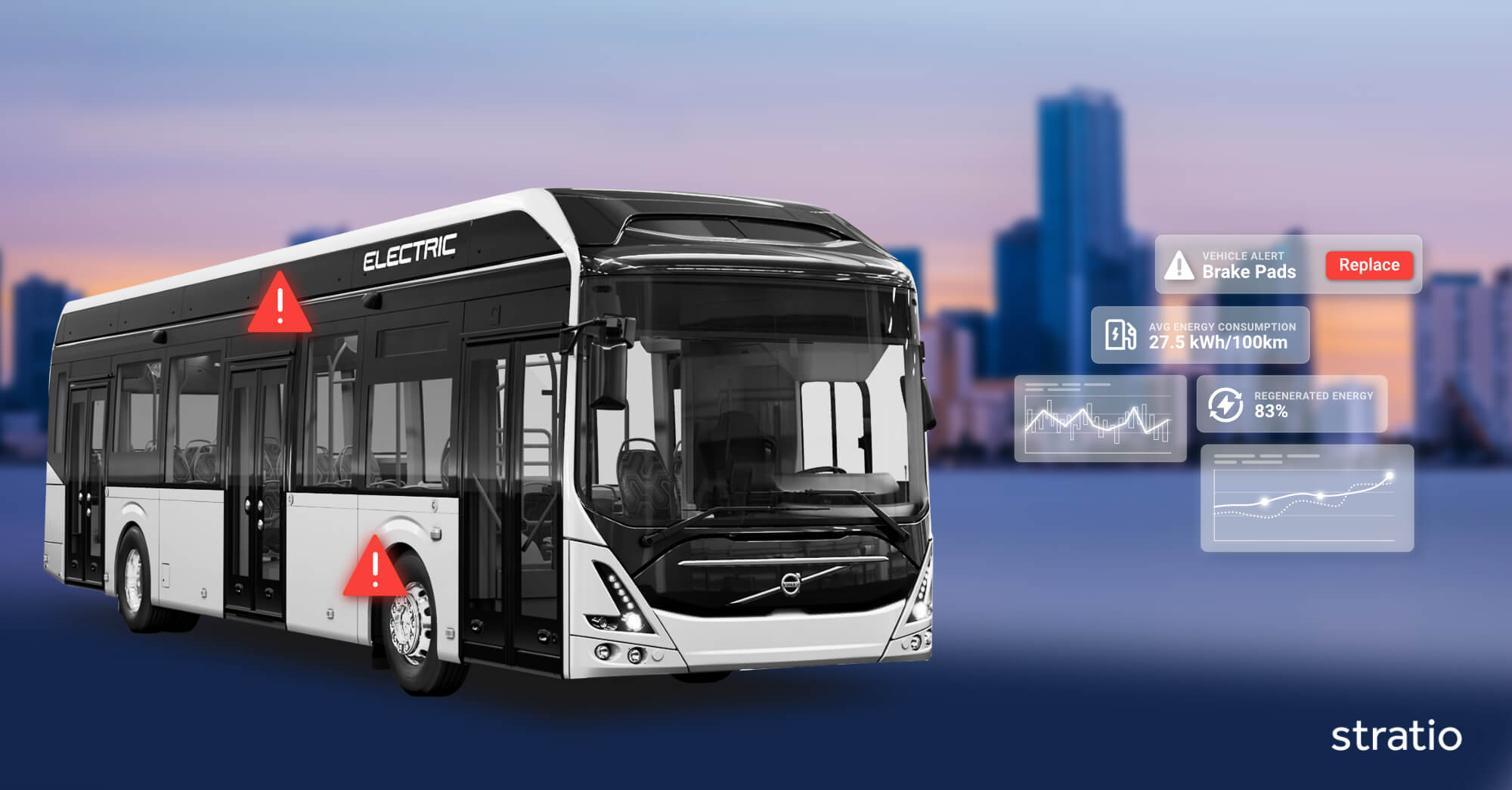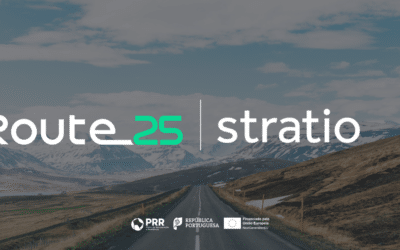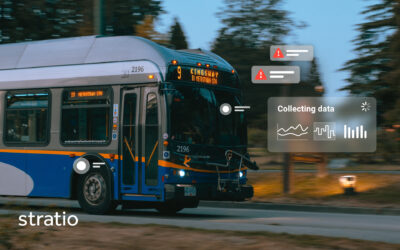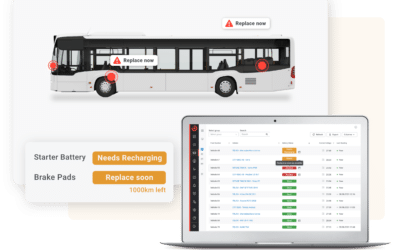In our recent blog, we outlined the many commercial benefits that public transport operators can reap from transitioning to electric buses. These include lower maintenance and operational costs, as well as an improved experience for passengers and positive environmental and health outcomes.
It is also true, however, that transitioning to electric buses comes with a series of challenges that public transport operators need to address in order to ensure a successful shift.
These issues are mainly due to the relative novelty of EV technology, which requires a certain preparation on the part of operators looking to electrify their fleet successfully. In this blog article, we will share four leading challenges of transitioning to electric buses.
1. Higher initial investment
Electric buses are, on average, 50% more expensive than a traditional ICE one. The high initial investment to purchase an electric bus becomes even more significant if we consider that the average diesel bus is fully depreciated after eight to ten years, buses in emerging markets often stay on the streets for up to 20 years, which can create a huge lag for fleet conversion.
This means that, to break even, public transport operators need to have a proper strategy in place to make sure their vehicles are on the road as much as possible, and that they are travelling longer distances.
2. Scarcity and cost of charging infrastructure
With electric buses becoming more ubiquitous, local authorities have made a push to add charging stations and have allocated grants to incentivise the infrastructure being installed. Such infrastructure, however, remains expensive. According to the Bloomberg New Energy Finance 2022, the initial infrastructure costs are between $20,000–25,000 (€19,600-24,500) per electric bus, including the real-estate investment (centralized depots) and charging stations.
An added issue is that route contracts typically last 5 to 7 years, whereas charging stations are assets expected to last 20-40 years, presenting a significant challenge for public transport operators looking to transition to electric buses.
3. Lack of information relevant for decision making
Every technological advancement requires an adjustment period during which the appropriate knowledge, derived from research and real-life experience, can be developed. With something as new as EVs, the relevant information for decision-making is still being compiled and isn’t nearly as comprehensive as the knowledge that we have on ICE vehicles.
This means that thorough research is still a requirement for any company looking to make the shift and that some of the data available will be based on smaller sample sizes and ongoing projects.
4. Planning efficient operations
What if the tank of an ICE bus, if not filled correctly, shrank in size over the years, reducing the distance that the vehicle can run without stopping for gas? This is precisely the problem facing public transport operators shifting to electric buses, the range of which depletes over time, making it harder to plan routes that will be suitable for a certain vehicle in two, five, or ten years’ time.
If you take into consideration factors such as heating, air conditioning, hills, stopping and starting and passenger loads, it becomes difficult to forecast range and performance. If charged correctly, the battery range can be preserved for longer and the wear and tear of bus batteries reduced, but this requires accurate predictions and real-time monitoring of metrics such as usage optimality, state of charge, and depth of discharge.
Explore Predictive Battery Analytics
These obstacles shouldn’t undermine the importance of transitioning to electric buses. What they mean, however, is that public transport operators looking to make the shift should plan ahead, consider all of the potential pitfalls, and prepare accordingly.
To find out more about how predictive battery analytics and predictive fleet maintenance can help your business, click here.




